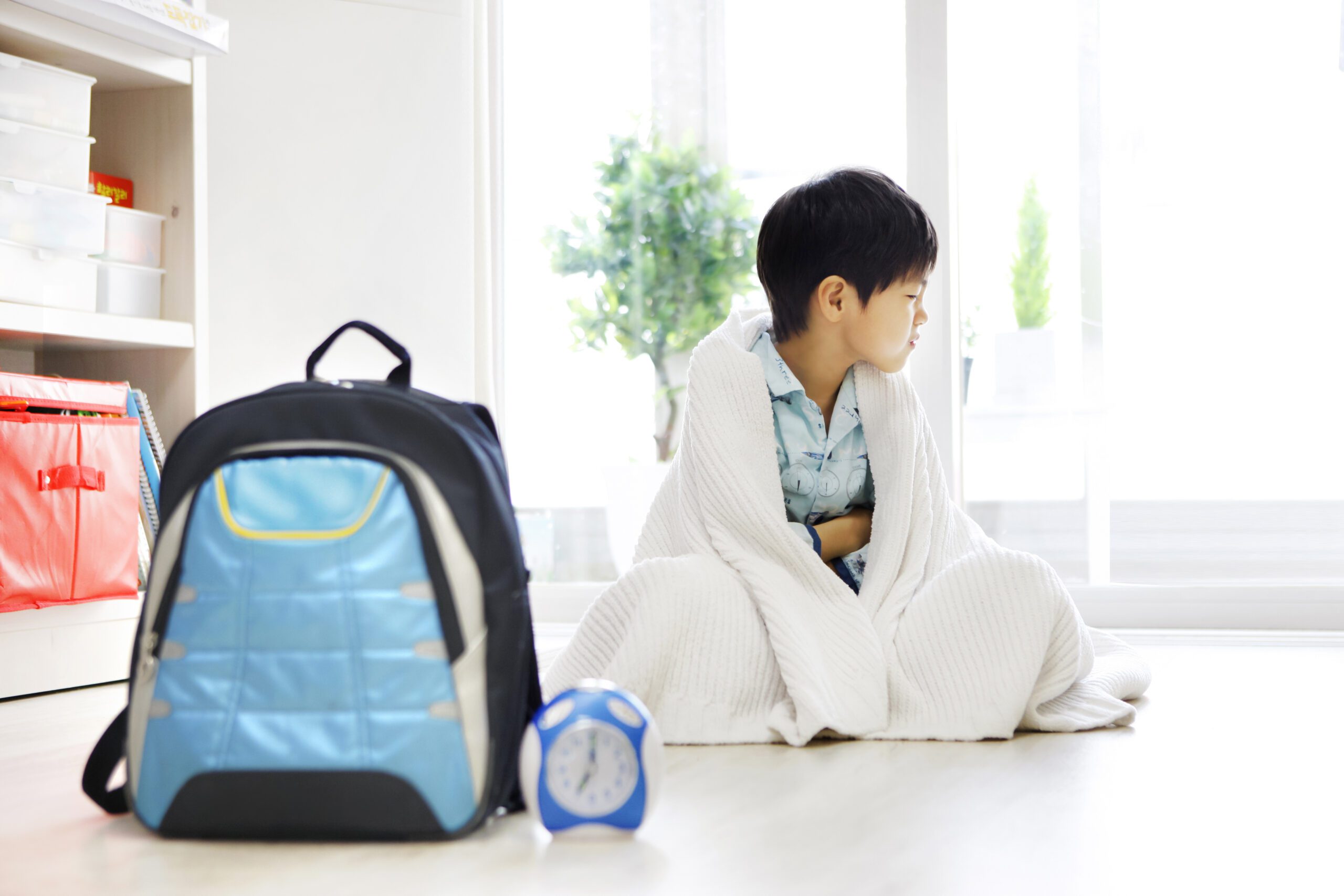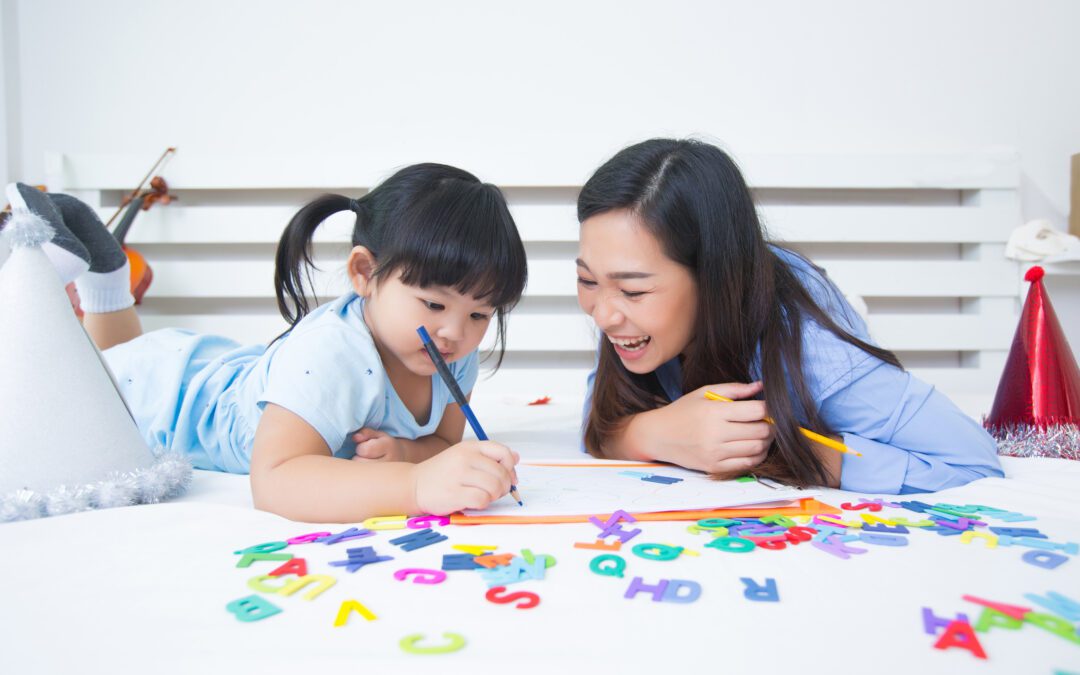Parenting or caring for a preschool-age child can be an emotional rollercoaster. On one hand, you may be eager to see them develop and flourish; on the other hand, leaving them behind can be challenging if they are experiencing separation anxiety. Separation anxiety is an understandable developmental stage for preschoolers but can be distressing for both child and parent alike. As a caregiver, it’s essential that you manage and support your child’s separation anxiety so they feel secure at school. In this article we’ll offer tips and strategies that may help manage this anxiety in young preschoolers.

1. Acknowledge Your Child’s Feelings
Separation anxiety is a valid emotion that needs to be acknowledged. Your child may feel scared, anxious, or upset when you leave them at preschool. Validate their emotions by offering comfort and assurance that it’s okay for them to be upset and that you understand how they feel.
2. Create a Goodbye Ritual for Your Child
Having an emotional goodbye ritual for your children can be comforting. It could be something as simple as giving them a hug, kiss, or high-five when they leave for preschool. A goodbye ritual helps your child feel in control of the separation and provides them with comfort during this difficult time.
3. Practice Separation
Practice Separation Prior to Preschool. Begin to Practice separation with your child by leaving them with a trusted family member or caregiver for short periods of time. Gradually increase the duration until your child feels secure being away from you. Doing this will give them an increased sense of security and confidence in being away from you.
4. Introduce Your Child to Their Teacher
Help your child feel more at ease and secure at preschool by scheduling a meet-and-greet with the teacher before school starts. Doing this will build trust and familiarity between both of you, making transitioning into preschool much smoother.
5. Bring Comfort Objects To Preschool
Your child may find solace in having a comfort object like a teddy bear or blanket when they’re feeling anxious or overwhelmed. Encourage your child to bring their comfort object with them when attending preschool so that they can feel secure and at home in their new environment.
6. Maintain a Positive Attitude
Your child can pick up on your emotions, so it’s essential that you remain positive and upbeat when dropping them off at preschool. Try your best not to show any signs of worry or stress as this will only make your child feel more anxious. Instead, encourage them to have an enjoyable and exciting day at preschool by staying positive
7. Communicate with the Teacher
It’s essential to talk to your child’s teacher about their separation anxiety. Share all of your concerns and fears, and together come up with a strategy for supporting your child. During the initial days of preschool, the teacher can offer extra attention and comfort to help reduce any worries your child may be feeling.
8. Stay Calm and Reassuring
When your child is feeling anxious or upset, it’s essential that you remain composed and reassuring. Reassure them that you will always come back for them when school ends and that they are secure at preschool. Avoid making any promises you cannot keep; doing so only adds further stress and uncertainty for them.
9. Utilize Positive Reinforcement
Positive reinforcement can help your child feel more secure and confident at preschool. Praise them for their bravery and motivate them to participate in activities at the facility; this will give your child a sense of comfort and security in their new environment
10. Get Professional Help If Needed
If your child’s separation anxiety is persistent and interfering with daily activities, it may be time to seek professional assistance. A qualified child psychologist or therapist can help your child understand and manage their emotions in a healthy manner; they may also offer coping strategies for you as the parent as well as advice for teachers or caregivers. Don’t hesitate to ask for assistance if you feel that your child needs it.
FAQs
Is separation anxiety common for preschoolers?
How can I prepare my child for separation?
How can I help ease my child’s separation anxiety?
How can teachers help children cope with separation anxiety?
Conclusion
Dealing with separation anxiety in preschoolers can be a trying experience for both parents and children. With patience, empathy, and understanding you can help your child gain the self-assurance and independence they need to thrive. Just remember to take small steps, stay positive, and seek professional assistance if necessary.
Do check out our blog on Mindful Parenting: How To Foster Emotional Intelligence In Your Child – Doerdo!













